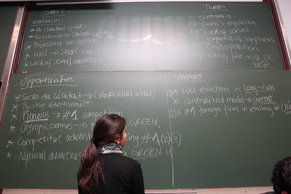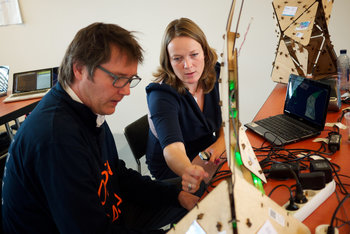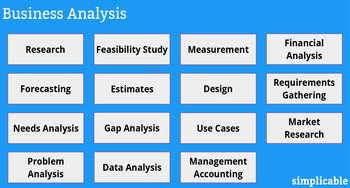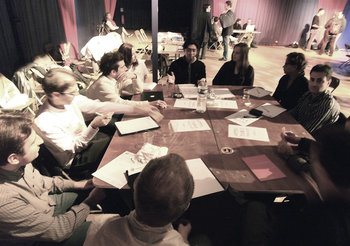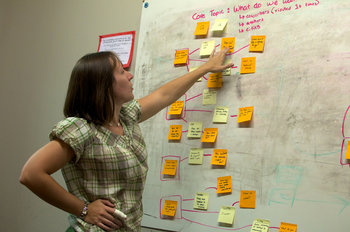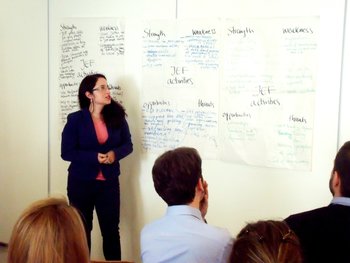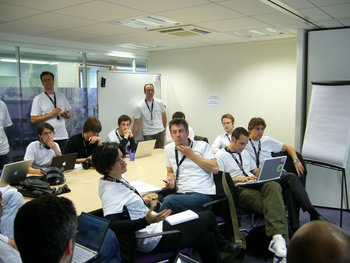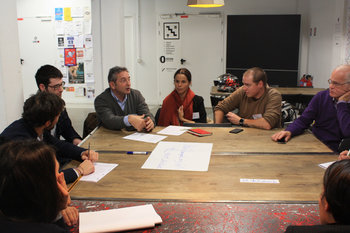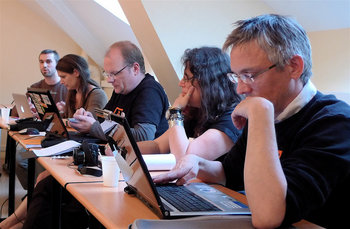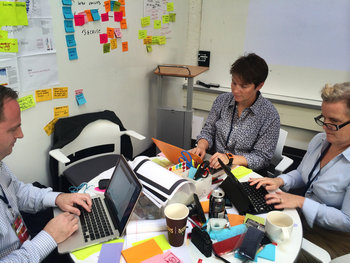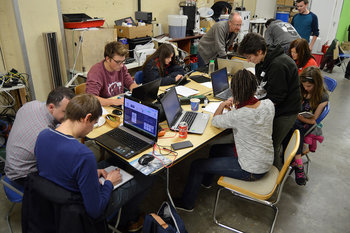
Data Analysis
The collection, organization and systematic examination of data. This often makes use of automated tools such as analytics platforms and statistics software. Data analysis is the foundation for other types of analysis such as the scientific method, financial analysis and business analysis.Business Analysis
Business analysis is the development of requirements, estimates, plans, reports, benchmarks, metrics, calculations and knowledge. It is the foundation of business strategy, problem solving, decision making, project planning, reporting, business experimentation and improvement.Logic
Logical and rational thought processes that are used to break problems down and build up solutions. It is common to look at a problem using different approaches to thought. For example, systems thinking may be used to identify risks and design thinking used to identify ways to reduce risk.Systems Analysis
The analysis and planning of software systems. Software is often complex with millions of lines of code and a large number of events, conditions and integrations that can occur in time according to different patterns. It is common for software developers to have a limited view of the software they are producing and maintaining. As such, systems analysis is considered a talent that allows an individual to understand end-to-end designs and interactions to identify solutions for requirements and problems.Risk Analysis
The identification of risk and assessment of the probability, impact, timing and triggers for each risk. Risk analysis requires domain knowledge. For example, assessing the probability of a financial risk requires in-depth understanding of markets and finance.Financial Analysis
The systematic and diligent evaluation of the financial position, prospects and performance of an organization, business unit, product, process, project, asset, security, contract or instrument.Design Analysis
The detailed examination of the structure and design of things such as cities, architecture, environments, organizations, products, services, processes, experiences, information, user interfaces and visual entities.Notes
The Ancient Greek "ἀνάλυσις" is usually transliterated as "analysis."| Overview: Analysis | ||
Type | ||
Definition | The detailed examination of something. | |
Related Concepts | ||





